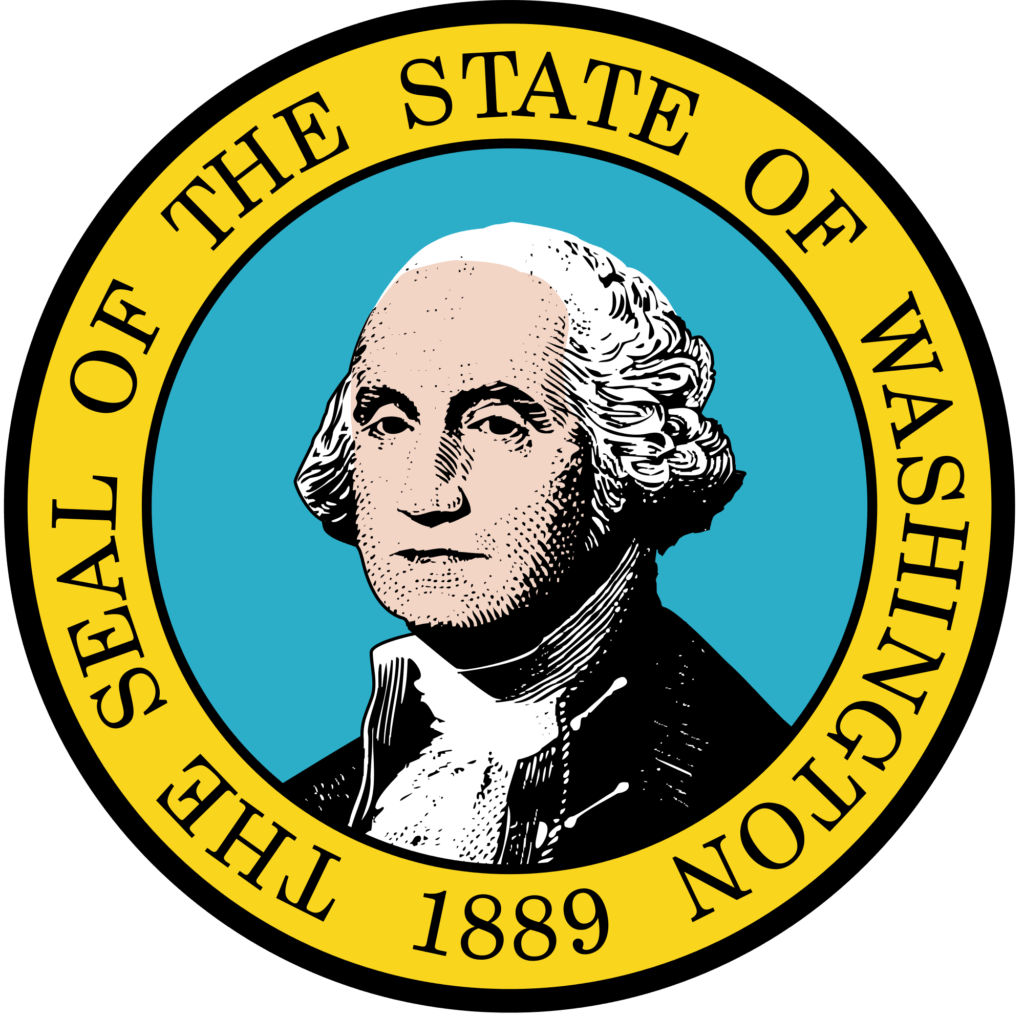Washington
A decade under Initiative 937 yields new jobs, new industries, and affordable electricity
Good energy and environmental policy is also good economic policy. That’s the message of a new video collection produced by the American Wind Energy Association (AWEA), Renewable Northwest, and the…
New Washington solar bill is a move in the right direction
OLYMPIA, Washington — During its last-minute rush to enact a new state budget, the Washington legislature managed to agree on a new package of incentives for commercial, community, and home solar installations.
The bill provides those businesses with a degree of predictability about how the state will gradually reduce incentives between now and the year 2029 when they will vanish altogether. By that time, it is expected that solar costs will have diminished to the point that incentives are no longer necessary.
NW Energy Coalition hopes BPA will reverse intertie rate recommendation
Montana intertie rate is a barrier to renewable energy, growth, and jobs Seattle, Washington — Yesterday, as part of its 2018 rate recommendation, the Bonneville Power Administration announced its desire to…
State releases Deep Decarbonization Analysis for Washington State
The Spring 2017 Energy Activist included a feature previewing the Deep Decarbonization Pathways Analysis for Washington State, a new study that identifies specific strategies to help Washington achieve its statewide goals…
BPA announces a better solution for I-5 corridor congestion
Seattle, Wa. — The NW Energy Coalition applauds today’s announcement by the Bonneville Power Administration (BPA) that it will not move forward with construction of a proposed 80-mile, 500-kilovolt transmission…
Settlement achieved in Microsoft bid to buy energy directly
For the last several months, the Coalition has been involved in a case at the Washington Utilities and Transportation Commission (UTC) under which Puget Sound Energy (PSE), in response to…
NWEC weighs in on Trump environment actions
Seattle’s channel 13, a Fox affiliate, reported on local reactions to President Donald Trump’s recent executives orders that target the Clean Power Plan and the EPA’s ability to regulate carbon emissions.…
Oppose Tacoma Power's request to double its customer service charge
Tacoma Power says the proposed increase is the best solution for low income customers. It’s not. On Tuesday, March 7, Tacoma City Council will consider a request from the public…
NW Energy Coalition supports Clean Energy First Act in Olympia
At a moment when it’s imperative that states take the lead in fighting climate change and promoting clean air and water, the NW Energy Coalition is joining five other groups in proposing the Clean Energy First Act (HB1334) in the Washington state legislature.
Press Release: What I-732’s defeat means
The defeat of I-732, the carbon tax, should not cause anyone to question the depth and breadth of support for action to combat climate change among Washington voters. As has been widely noted, the solution embodied by I-732 divided a community that is otherwise united in its commitment to developing policies to reduce greenhouse gas emissions.










